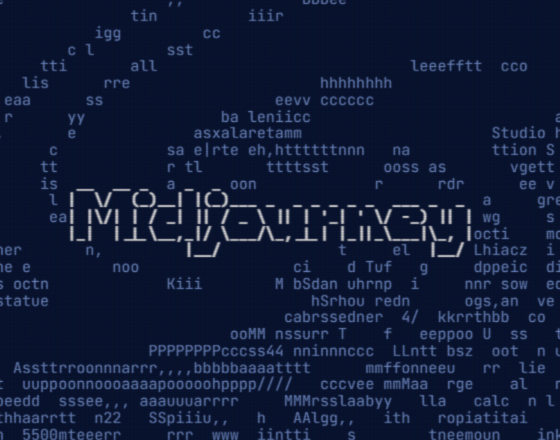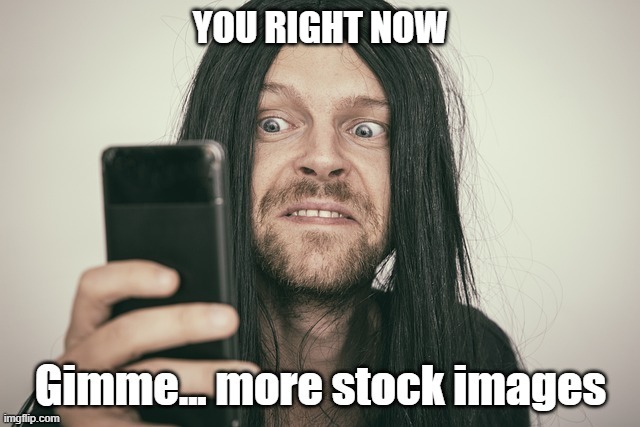If you’ve been using the Midjourney Discord bot to generate AI images then you may be wondering if you can legally use them in your online content. Let’s explore the topic.
For your reference the information here is based on laws and Midjourney’s terms as they are in March 2023. But things can change at any time in a rapidly changing environment. For your reference here’s a direct link to the Midjourney full TOS in case you want to see if they’ve been updated recently.
This page isn’t legal advice so don’t be a dafty! With that said, let’s jump in.
What’s The TLDR?
Not got time for some good old reading? Well, it’s a bit messy but here’s the fundamentals on legally using images created with Midjourney in your online content:
For MidJourney Paid Plan Members
- You can use the images however you want, even commercially.
- Companies with over $1m revenue must pay for a pro plan.
- They state, “If you have subscribed at any point, you are free to use your images in just about any way you want.” Meaning if you create images and use them commercially then you won’t need to stay subscribed to keep them online. IE don’t delete them if you unsubscribe.
For Midjourney Free Members
- You must respect the Creative Commons Noncommercial 4.0 Attribution license.
- ‘Fair use’ law still applies therefore in some circumstances you can legally argue you’re entitled to use them for free.
If in doubt, always seek legal advice!
If you want to dig deeper into this topic for a fuller picture, let’s do it.
Copyright And Ownership Of Midjourney AI Images
Midjourney uses artificial intelligence to generate unique images. The question of ownership and copyright of these AI images can be quite complex. According to US copyright law, the creator of an original work automatically owns the copyright to that work, and this includes works that are created by AI. However, Midjourney’s terms of service state that users who upload their own content own the copyright to that content, while Midjourney retains a license to use, modify, and distribute it.
Here’s what they say about “Rights you give to Midjourney” in their TOS (at the time of publishing this article):
By using the Services, You grant to Midjourney, its successors, and assigns a perpetual, worldwide, non-exclusive, sublicensable no-charge, royalty-free, irrevocable copyright license to reproduce, prepare Derivative Works of, publicly display, publicly perform, sublicense, and distribute text, and image prompts You input into the Services, or Assets produced by the service at Your direction. This license survives termination of this Agreement by any party, for any reason.
Nice and simple huh, NOT! It’s not a pretty paragraph to read. They go on to say at the start of “Your Rights”:
Subject to the above license, You own all Assets You create with the Services, to the extent possible under current law.
So you own all the assets and therefore can do what you want no problems? Nope, wait, there’s more! It’s not that straight-forward, we then have this:
This excludes upscaling the images of others, which images remain owned by the original Asset creators. Midjourney makes no representations or warranties with respect to the current law that might apply to You. Please consult Your own lawyer if You want more information about the state of current law in Your jurisdiction.
So it seems to be saying that legally you cannot upscale the images Midjourney has generated. So if you wanted to use one as a hero image but it’s not big enough then it sounds like it’s tough cookie, it’ll either have to look blurry or you can’t use it.
It clearly states to consult your own lawyer. Even in their own terms they’re telling you to take legal advice.
And there’s more, despite the second blockquote further up this page, maybe you don’t own the images after all depending on your circumstances:
You do not own the Assets if You fall under the exceptions below.
If You are an employee or owner of a company with more than $1,000,000 USD a year in gross revenue and You are using the Services on behalf of Your employer, You must purchase a “Pro” membership for every individual accessing the Services on Your behalf in order to own Assets You create. If You are not sure whether Your use qualifies as on behalf of Your employer, please assume it does.
If You are not a Paid Member, You don’t own the Assets You create. Instead, Midjourney grants You a license to the Assets under the Creative Commons Noncommercial 4.0 Attribution International License (the “Asset License”).
This means you need to pay for the Pro membership if you’re a content creator for a company that has over a million in revenue. And so will each of your colleagues who also use it.
And if you’re not a paid member at all, then you don’t own the assets you create and the Creative Commons Noncommercial 4.0 Attribution International License applies.
No Legal Precedent Has Been Set Yet
But let’s look at things from another angle.
In the case of AI-generated images as a “thing”, it’s still not fully clear who the creator is. While Midjourney provides the infrastructure and algorithms for creating the images, it is ultimately the user who inputs the data and selects the parameters. As such, some may say it can be argued that the user is the creator of the image and owns the copyright to it, despite what the Midjourney TOS says. However, this has not been tested in court, therefore there’s currently no legal precedent to determine ownership of AI-generated images.
Messy huh!
Fair Use
Don’t forget about the good old fair use argument so many YouTubers and meme makers love! If you determine that you don’t own the copyright to the images you generate, you may still be able to use them in your blog post under the doctrine of fair use. Fair use allows for the limited use of copyrighted material without permission from the owner, for purposes such as criticism, commentary, news reporting, teaching, scholarship, or research.
An example may be a journalist writing a news article about Midjourney and using a generated image in the content. In this circumstance they may argue fair use.
Conclusions
The main conclusion is that things are a bit messy! But we can still be clear on important issues.
If the images you’ve generated are awesome, and you want to use them, it’s wise to follow the TOS. IE, if you’re not a pro member, be sure to respect the Creative Commons Noncommercial 4.0 Attribution International License. If you want to use them commercially, pay for a subscription. But no legal precedent has been set, so if you’re not a pro member and you want to risk it and decide to use the images in a way that breaks the TOS, it’s up to you to balance the probability of them coming after you and starting legal action against you.
An easy conclusion is if you’re playing it safe with your business and worried about AI images then pay for a subscription, or simply stick with real stock photographs from elsewhere. At this stage it seems unlikely Midjourney going after lots of online content creators who have used a handful of generated images in a commercial way when they shouldn’t have, but you never know!
As always in this situation, if you’re worried, consult the legal department within your organization or seek legal advice from a legal professional.
To answer the original title of article; YES, you can use the images in online content, but not willy nilly. Hope that’s useful!


